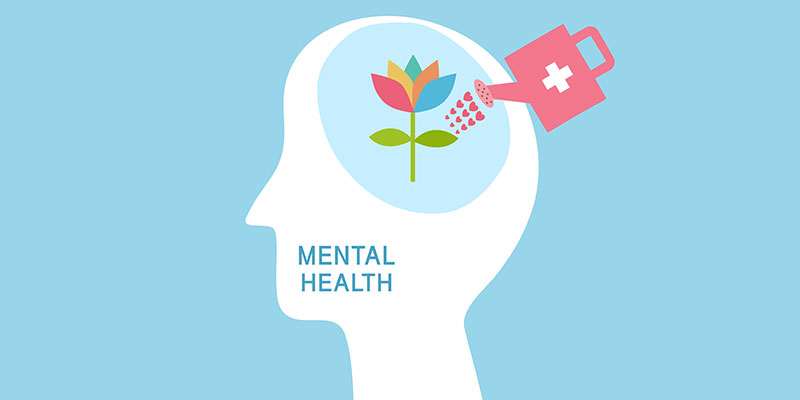- 98143 70700
- info@thehermitage.rehab
- 22, Circular road, Opp. VR Ambarsar, Amritsar
Many a time, a family brings their patient to me, explaining how their patient despite the best of their efforts is not able to quit. They would then explain the ways they have tried stopping him from consuming, majorly two of them being either by provoking him, fighting with him, or by enabling him and providing him with the substance themselves so that he’ll do it in less quantity.
They are very surprised when they hear this is not the right manner and that the patient is not doing it purposely. It becomes difficult for them to comprehend why their son; who has had a wonderful childhood, who has been affluent in his education, who is working in a good position has fallen into the hands of addiction and why he is not able to use his common sense and come out of it.
Most families bring their patients a little too late for my liking. Anyhow, my team and I initiate the process right away. The first biggest hurdle for us is to break the denial of both the patient and his family. Both of them are unwilling to accept, see, and believe what havoc this disease has caused at their place and how only scientific treatment is the correct answer, in fact, the only answer to their problems.
Because my patients are functional in life, have stable jobs, and are financially providing for their families, both parties have a hard time understanding how the roots of addiction are spreading in their homes.
Addiction is a disease; a primary, chronic, progressive, and fatal disease if not treated.
I mean that the disease of addiction runs in the families. It is genetic. Why is it that 10 people drink and only 2 out of them have trouble holding their alcohol or are not able to stop when they start? The answer is simple: Genes. Like any other disease, SUD (Substance use disorder) or AUD (Alcohol use disorder) runs in the families. The genes may stay dormant in one generation and the other may become active when exposed to triggering environments but they are present nonetheless.
On the other hand, this disease is not like the common cold. It is chronic. It requires long-term rehabilitation and continuous treatment for the management of symptoms and active participation in the recovery program to follow a sober and recovery-filled life. If I could just prescribe the medication and knew that my patients would never touch alcohol after that, I gladly would. But the only way out of this disease is a properly laid and formulated treatment plan working on not only physiological but psychological ailments as well to provide the patient with a set of skills to comfortably live his life off the radar of substances or alcohol.
The biggest mistake that my patients make while their treatment is going on is that they stop the medication in between or as soon as they’ll start getting better they’ll dismiss their sessions and would be absent from most of the training meets. They start to believe that since their body has recovered, they’ll be able to manage their urge with mere willpower or that one drink won’t hurt them anymore, but that is not true. The disease of addiction is progressive and it keeps on advancing while the patient stays sober. For instance, if a patient has been in addiction for 4 years and after the recovery program stays sober for 2, it does not matter that he has not touched any substance, once he makes the mistake of consuming something again, his disease will come back with far greater force and consequences.
Lastly, with a heavy heart, I have seen many people in my life drinking themselves to death. Addiction is a fatal disease and does not compromise with anyone. It is extremely cunning as it will trap the patient with his false beliefs that he can manage on his own or baffle him that he doesn’t touch alcohol or substance in the triggering environment but in the next, he will fall off the loop. The only way out of this vicious cycle is treatment and constant touch with your treating team.
The disease of addiction is not like any other, and it needs to be dealt with with utmost patience, empathy, and non-judgment. All the patients out there of addiction are not only suffering from the pain of this disease but have lost hope and will to live and that is the sorrow we can’t take from them. But what we can do is de-stigmatize this disease, spread awareness, and make patients see that with the right treatment; there is a genuine hope for getting better and for living the life they always dreamt of.
There is the best rehab center in India that can help you out with the right guidance and support you need. Expert mental health professionals are always be there to deal with you and support you at every stage of recovery process. If you are struggling with any kind of addiction or your loved one need help, don’t hesitate to ask for help. Seek help and start your journey to recovery as soon as possible.

WhatsApp us